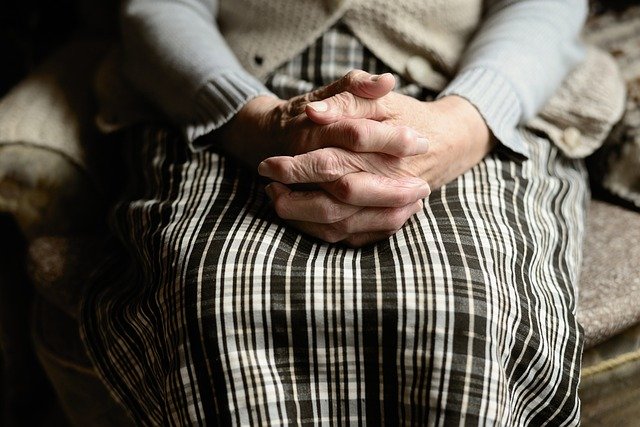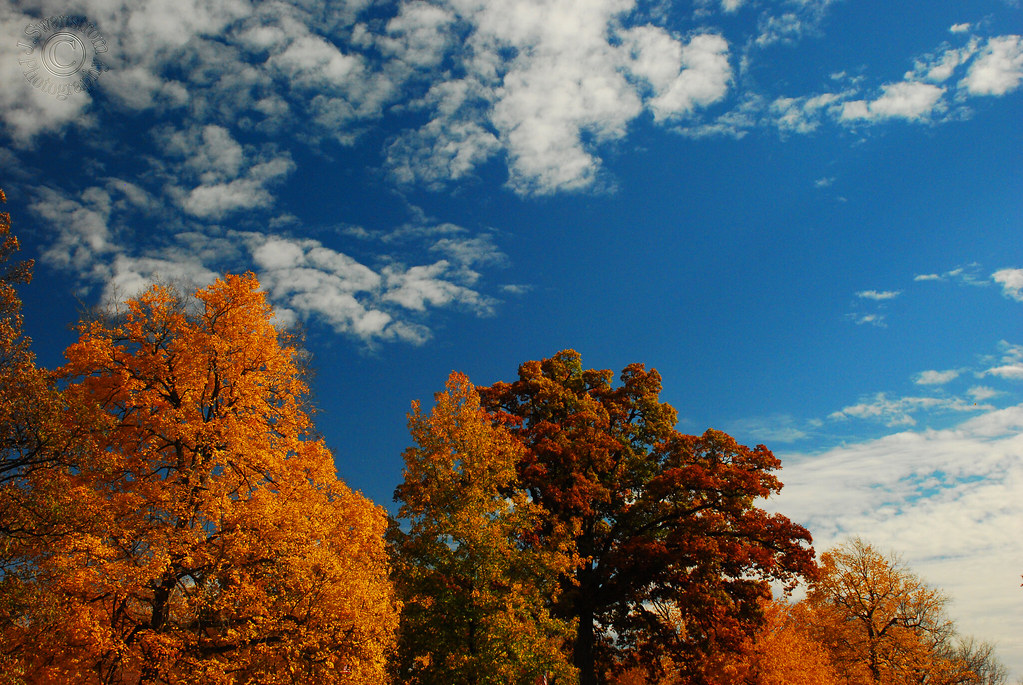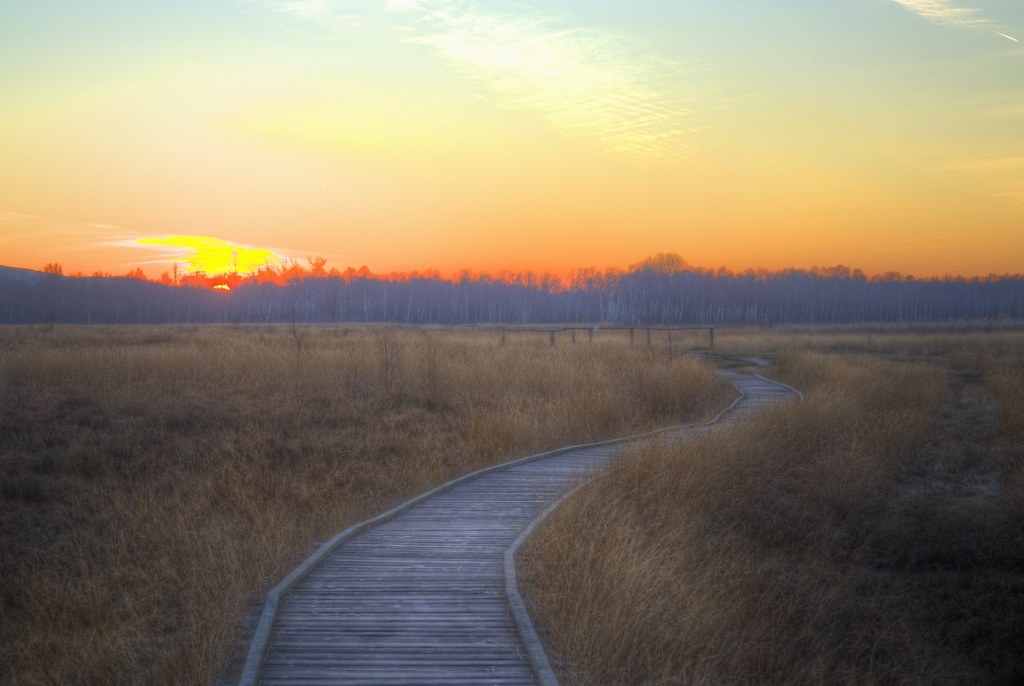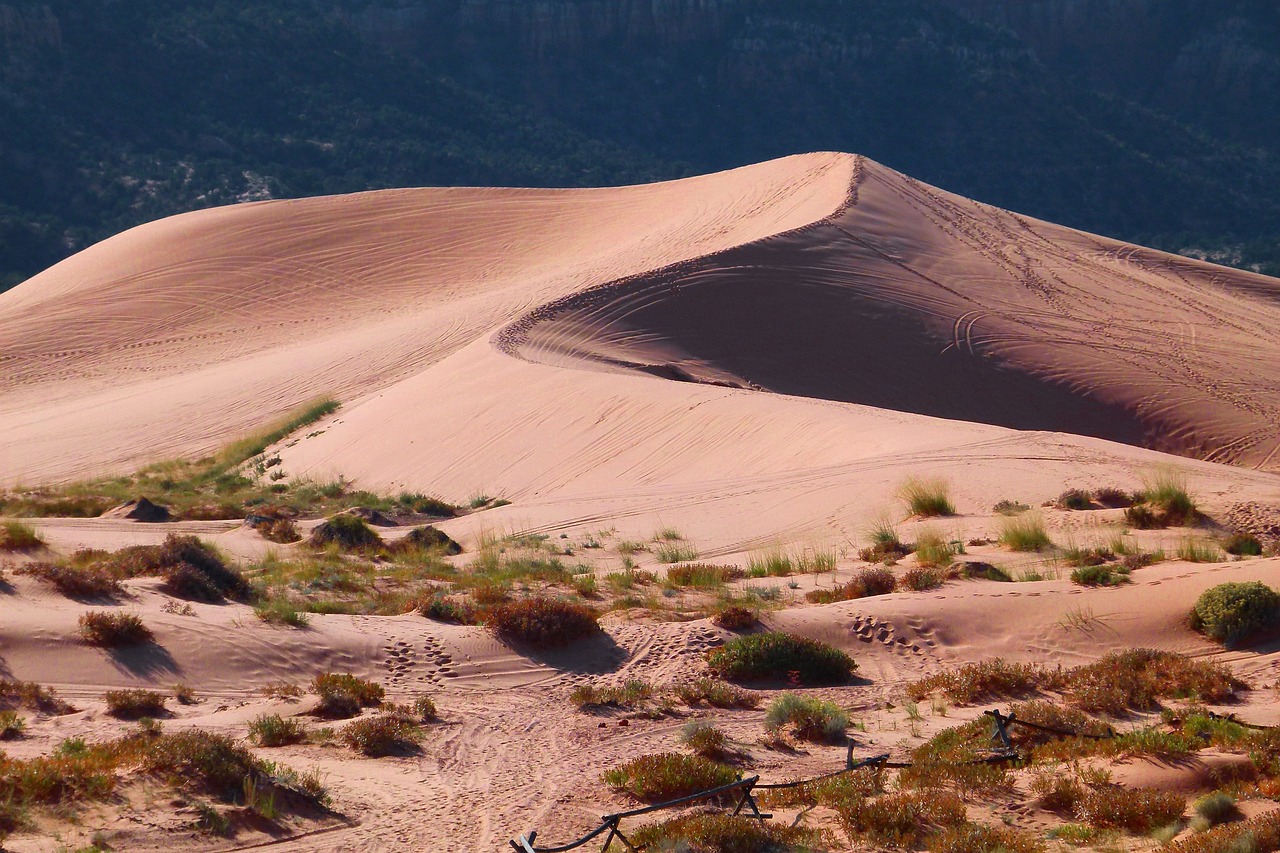An excerpt from Laurence Freeman OSB in “Understanding Faith” from FIRST SIGHT: The Experience of Faith (London: Continuum, 2011), p. 14, 15.
More than any other religion Christianity has fallen into the temptations of power that uniformity of belief creates. Worshipping orthodoxy of belief—getting the words, rituals, externals and formulas exactly right—betrays the living God for a false one of our own construction. [ . . . .]
Belief can be heroic. You can refuse to disown your beliefs and may be happy to be burned at the stake or stripped of rank and status for them. Many believers are raised with stories of these heroic martyrs, who laid down their lives rather than disown their beliefs. We shouldn’t diminish the heroism of belief in the face of oppression and persecution. Strength and integrity are required to resist the violent force that would make us disown our principles and beliefs. But the spiritual realm is not about heroism. . . . Faith is more than the most heroic belief. It is more than a passionately held conviction. Faith is more than a concept and more than a sign of loyal belonging to a particular group.
It is the relationship with what we believe; with what we believe because we experience it and with what we experience because we are simply designed for it. And by it. Faith lunges us into . . .and endlessly reveals the . . . mysteries of being.
After meditation: a poem by Anna Akhmatova, tr. Kunitz and Hayward, in WOMEN IN PRAISE OF THE SACRED: 43 Centuries of Spiritual Poetry by Women, ed. Jane Hirshfield (New York: HarperPerennial, 1995), p. 208.
Everything is plundered, betrayed, sold,
Death’s great black wing scrapes the air,
Misery gnaws to the bone.
Why then do we not despair?
By day, from the surrounding woods,
cherries blow summer into town;
at night the deep transparent skies
glitter with new galaxies.
And the miraculous comes so close
to the ruined, dirty houses—
something not known to anyone at all,
but wild in our breast for centuries.
(1921)
Image by congerdesign from Pixabay







